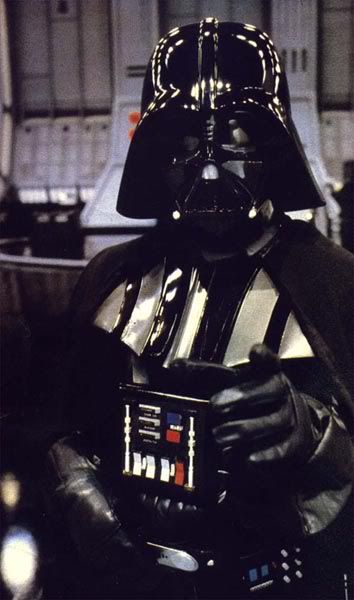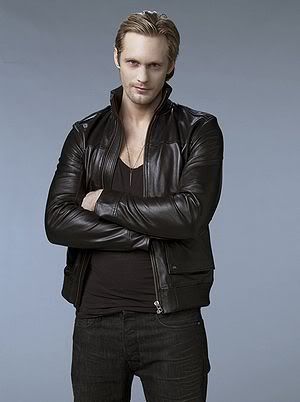Preserve the Key Ingredient — Blue Ink Alchemy

Blue Ink Alchemy


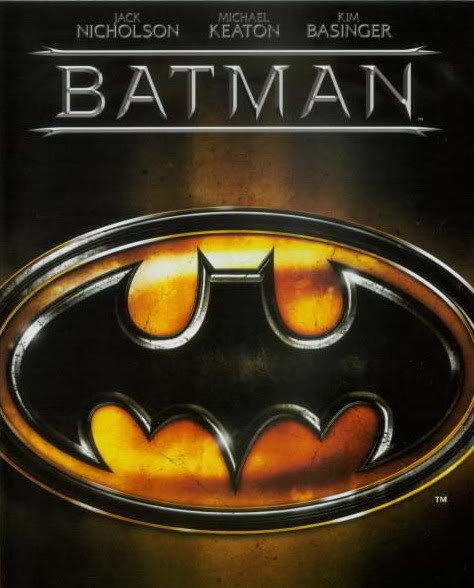
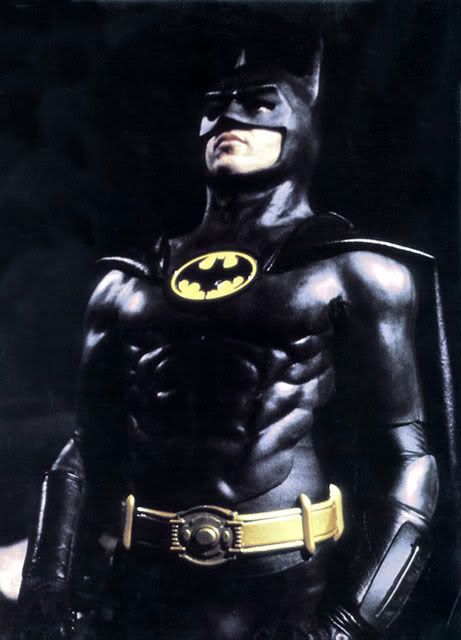
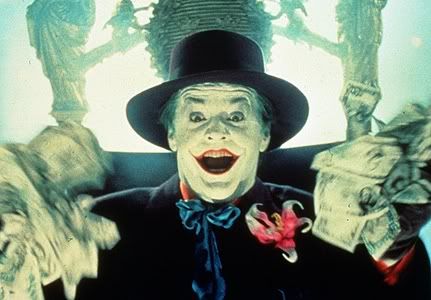
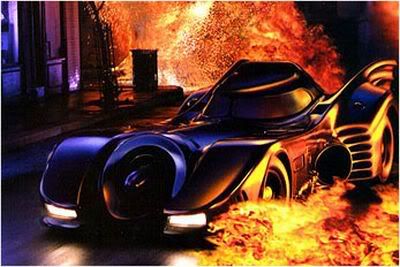

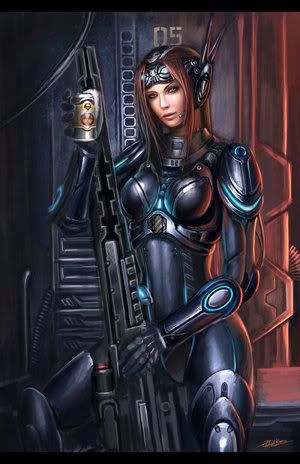
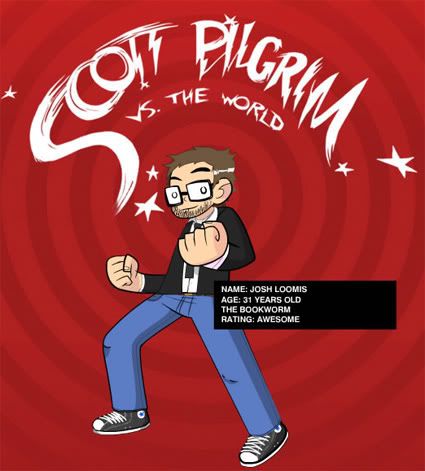

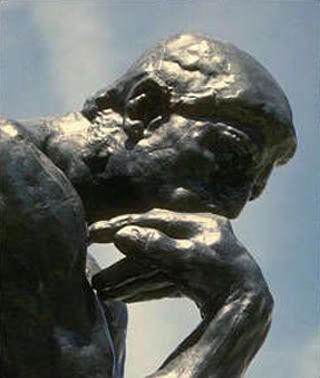



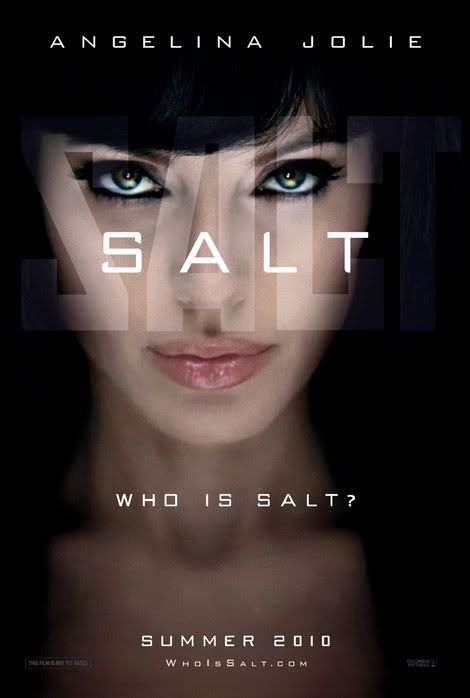
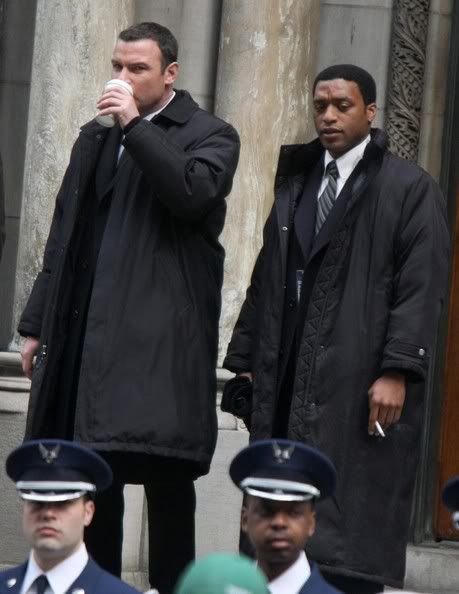
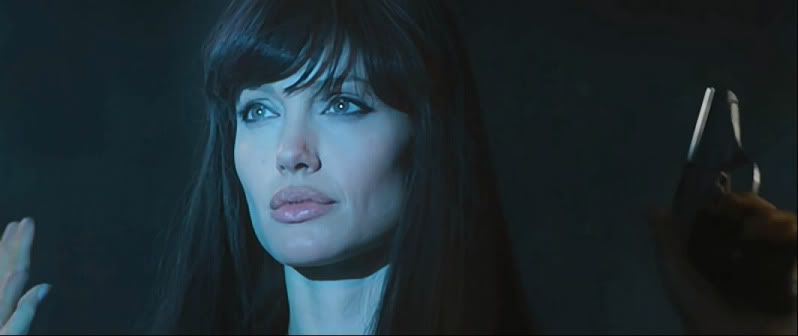
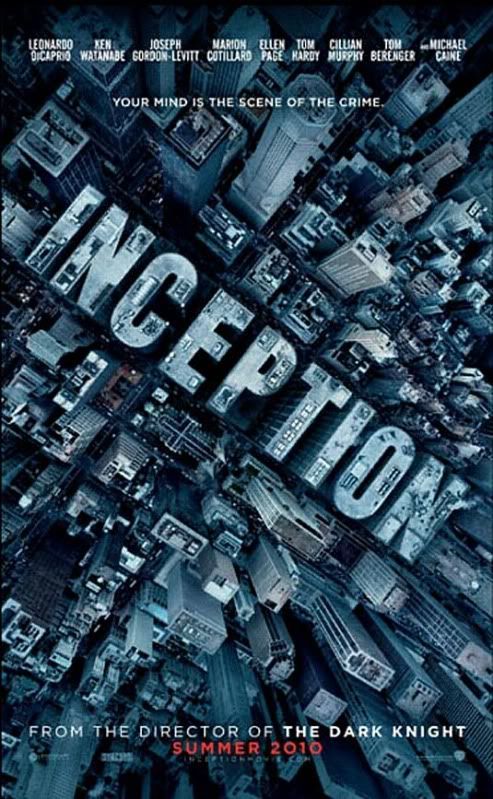
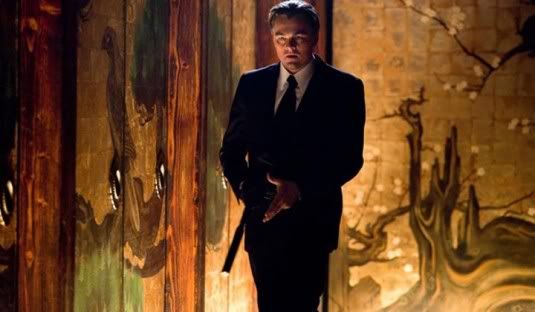
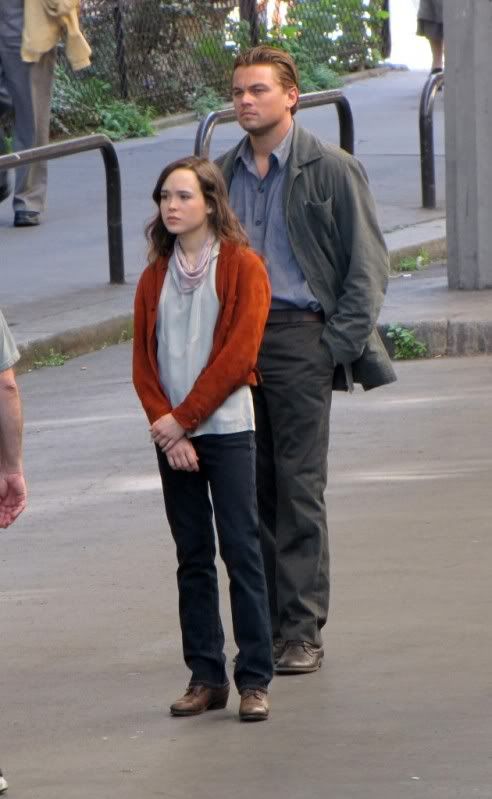

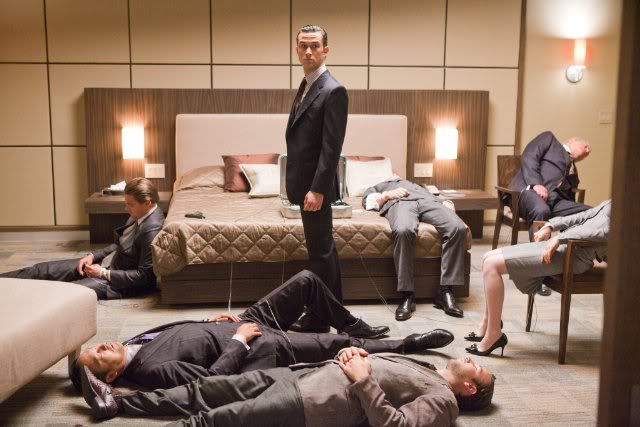

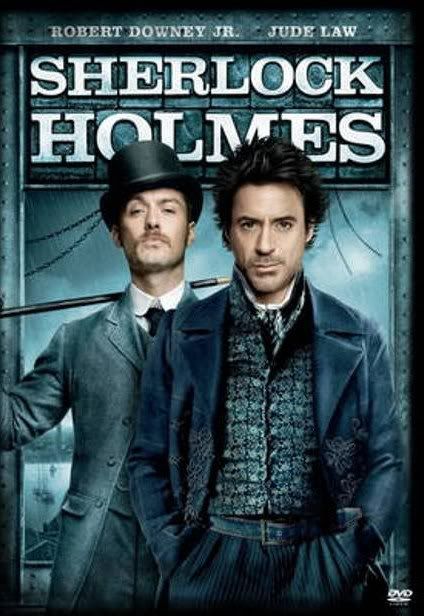
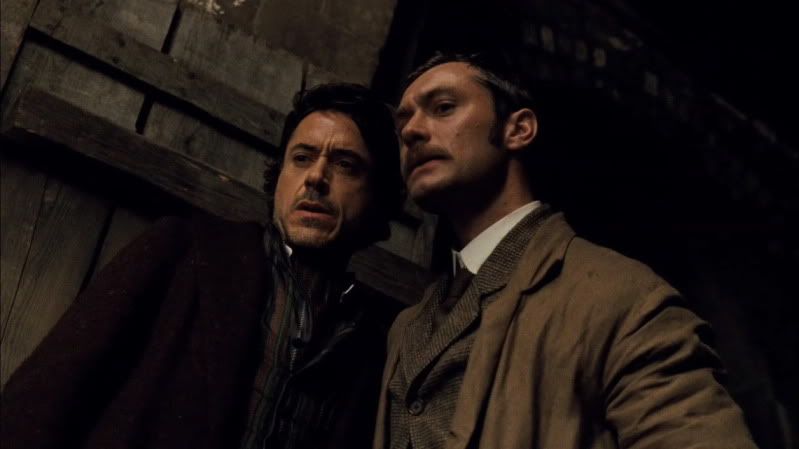
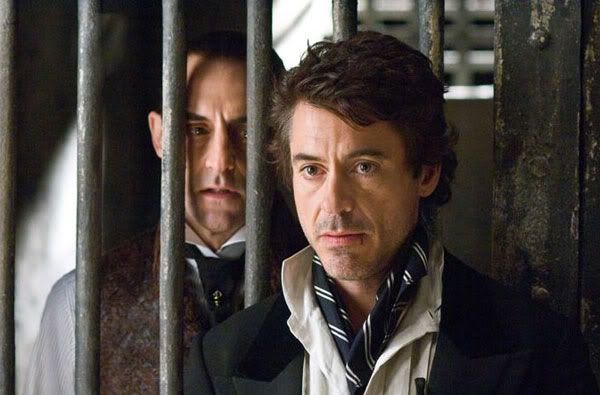
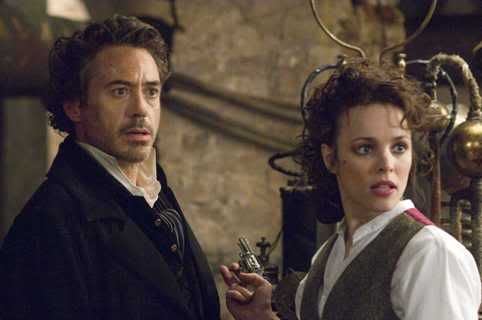
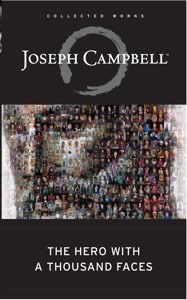




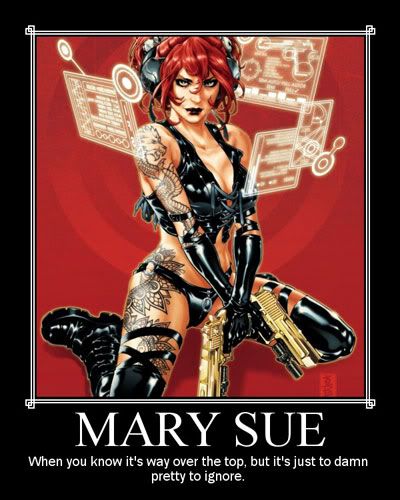



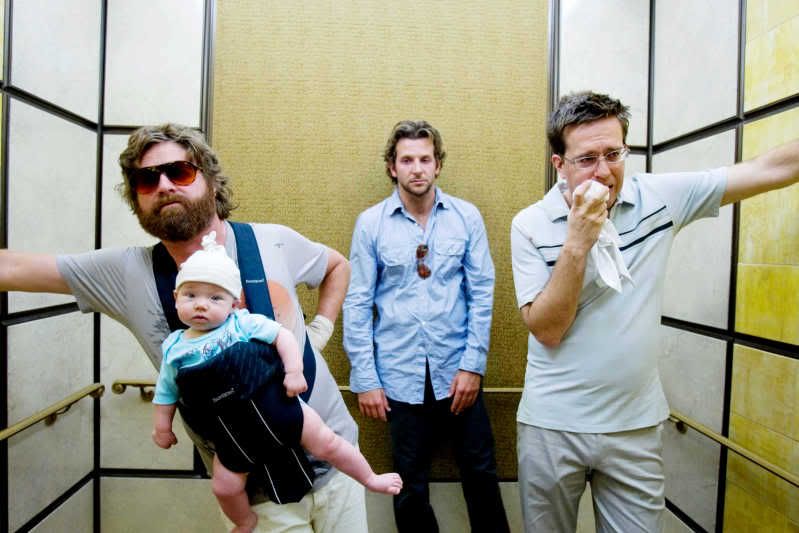
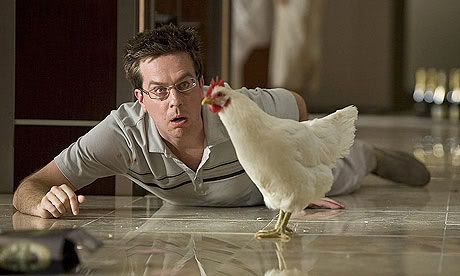
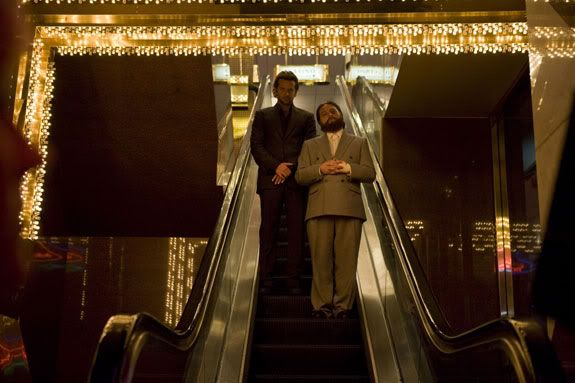






Writing is rewriting. A writer's arsenal of talents are brought to bear on the first draft, but his skills (the things he has learned) go to bat during the second. The first draft requires a sledgehammer, the subsequent drafts require scalpels, each smaller and sharper than the last.This is a very good point that he made, one that I hadn't considered. When one sits down to bang out the first draft, to cross the yawning chasm of unwritten words between the first syllable of chapter one and the last predicate of the last sentence, it's usually not done with advice from The Elements of Style clearly in mind. It's done to get it done. Once it's done, it could almost be said that the real work begins. Drafting the work in the first run is less about finesse and precision and more about words just flowing from the writer's imagination onto the page. Revision is almost a different animal entirely, yet we don't get marketable work out of what we create without it. We have to use an increasingly fine set of tools to whittle the amorphous shape of the draft into a polished, well-shaped chronicle poised to leave the shelves of a bookseller with at least a leisurely stroll. The first pass is done with a bit of abandon. Extraneous words are yanked out. Sentences are broken up. Dialog, scenery, even entire sequences of events are rearranged. This is the 'chainsaw' revision. Following this is the 'scissors' stage. Dangling bits are trimmed back. The work begins to take more shape. It becomes more fashionable, but not quite exactly what we're looking for. Finally you reach the point of employing the 'scalpel'. A word here, a suffix there, just little touches that make a good effort something truly special. Provided it finds its way to the right agent. That's how I see it, anyway, now that I've been set straight. Am I missing any stages? What've your experiences been moving from one to the next?

Writing is rewriting. A writer's arsenal of talents are brought to bear on the first draft, but his skills (the things he has learned) go to bat during the second. The first draft requires a sledgehammer, the subsequent drafts require scalpels, each smaller and sharper than the last.This is a very good point that he made, one that I hadn't considered. When one sits down to bang out the first draft, to cross the yawning chasm of unwritten words between the first syllable of chapter one and the last predicate of the last sentence, it's usually not done with advice from The Elements of Style clearly in mind. It's done to get it done. Once it's done, it could almost be said that the real work begins. Drafting the work in the first run is less about finesse and precision and more about words just flowing from the writer's imagination onto the page. Revision is almost a different animal entirely, yet we don't get marketable work out of what we create without it. We have to use an increasingly fine set of tools to whittle the amorphous shape of the draft into a polished, well-shaped chronicle poised to leave the shelves of a bookseller with at least a leisurely stroll. The first pass is done with a bit of abandon. Extraneous words are yanked out. Sentences are broken up. Dialog, scenery, even entire sequences of events are rearranged. This is the 'chainsaw' revision. Following this is the 'scissors' stage. Dangling bits are trimmed back. The work begins to take more shape. It becomes more fashionable, but not quite exactly what we're looking for. Finally you reach the point of employing the 'scalpel'. A word here, a suffix there, just little touches that make a good effort something truly special. Provided it finds its way to the right agent. That's how I see it, anyway, now that I've been set straight. Am I missing any stages? What've your experiences been moving from one to the next?
